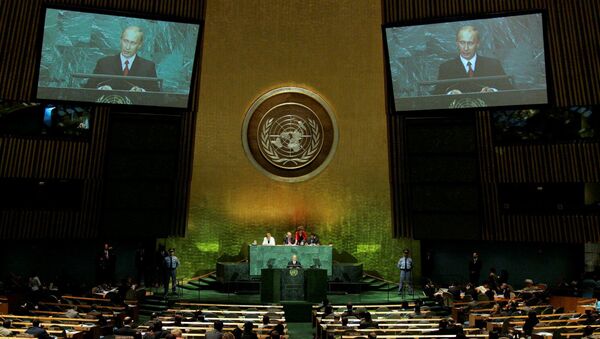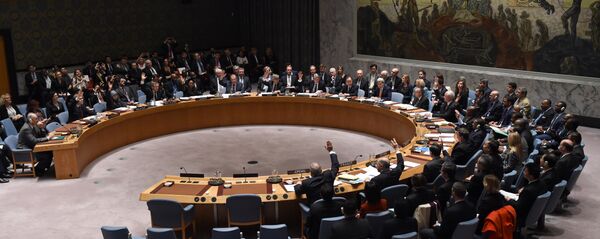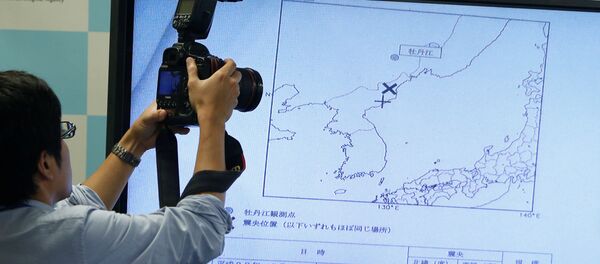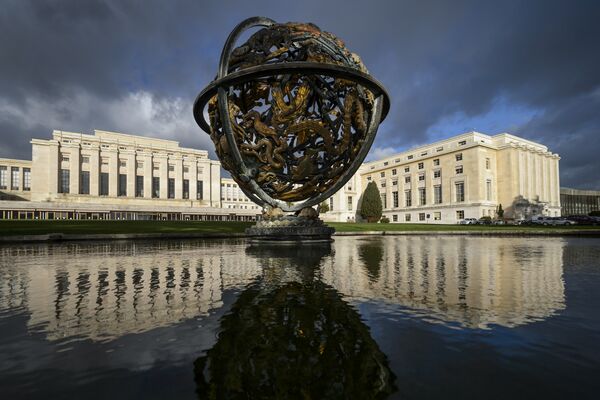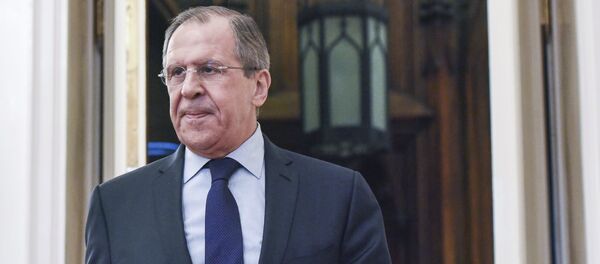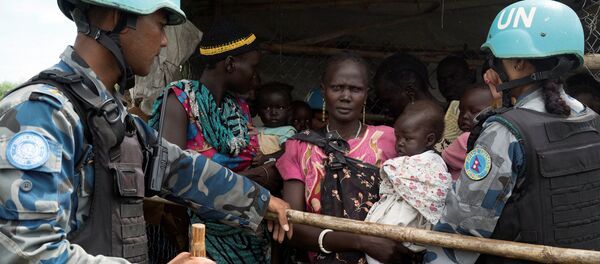It also plays a significant role in setting standards and the codification of international law. The Assembly meets from September to December each year, and thereafter as required.
The first General Assembly, with 51 nations represented, opened in Westminster, London, on January 10, 1946. The following week, the UN Security Council (UNSC) met for the first time.
Under the UN Charter, the General Assembly has a range of powers, including considering the general principles of cooperation in maintaining international peace and security, the principles governing disarmament and the regulation of armaments, and can make recommendations with regard to such principles.
The General Assembly can discuss any questions related to the maintenance of international peace and security and can make recommendations with regard to any such questions, except in cases where the situation is being reviewed by the Security Council.
Among other points, the Assembly can initiate studies for the purpose of promoting international cooperation in the field of politics and encouraging the development of international law and its codification, promoting the realization of human rights and fundamental freedoms and international cooperation in economic, social, cultural, educational and health spheres.
It is also authorized to appoint the Secretary-General upon the UNSC’s recommendation, elect non-permanent members of the Security Council and approve the United Nation's regular budget. The General Assembly receives and considers reports from the UNSC and other UN bodies.
Each member state has one vote in the Assembly. A member state in arrears in the payment of its dues can lose its vote in the body.
Votes taken on designated important issues, such as recommendations on peace and security or the election of UNSC members, require a two-thirds majority of member states, but other questions are decided by simple majority.
The President of the UNGA, after having consulted and reached agreement with delegations, can propose that a resolution be adopted without a vote.
A Credentials Committee is appointed at each session of the UNGA to examine the credentials of member state representatives and to report to the General Assembly.
The General Committee, which is composed of the president of the UNGA and 21 vice-presidents of the Assembly, as well as of the chairpersons of the six main committees, meets periodically throughout each session to review the progress of the General Assembly and its committees and to make recommendations for furthering such progress.
The Assembly has subsidiary bodies that are established for specific purposes. They are divided into categories: Boards, Commissions, Committees, Councils and Panels, and Working Groups and others, such as the Committee on the Peaceful Uses of Outer Space, the International Law Commission, the Disarmament Commission, and the Human Rights Council.
After discussing the items on the agenda and seeking where possible to harmonize the various approaches of states, the subsidiary organs present their recommendations, usually in the form of draft resolutions and decisions, to a plenary meeting of the Assembly for its consideration.
The UNGA meets every year in regular session commencing on the Tuesday of the third week in September, counting from the first week that contains at least one working day. On the recommendation of the General Committee, the Assembly fixes a closing date for the session at the beginning of each session. The Assembly may decide at any session to adjourn temporarily and resume its meetings at a later date.
In accordance with the rules of procedure, the Assembly can summon a special session or an emergency special session at the request of the UNSC or any member state of the United Nations.
The session is chaired by the president and 21 vice presidents, who are elected no later than three months before the session. The president and vice presidents only take up their duties at the beginning of the session and their tenure expires at the end of that particular session.
On June 13, 2016, the UN General Assembly elected Peter Thomson, the permanent representative of Fiji, as the president of its 71st session. Denmark's Mogens Lykketoft was the president of the 70th session.
English, Arabic, Spanish, Chinese, Russian and French are the General Assembly’s official and working languages.

